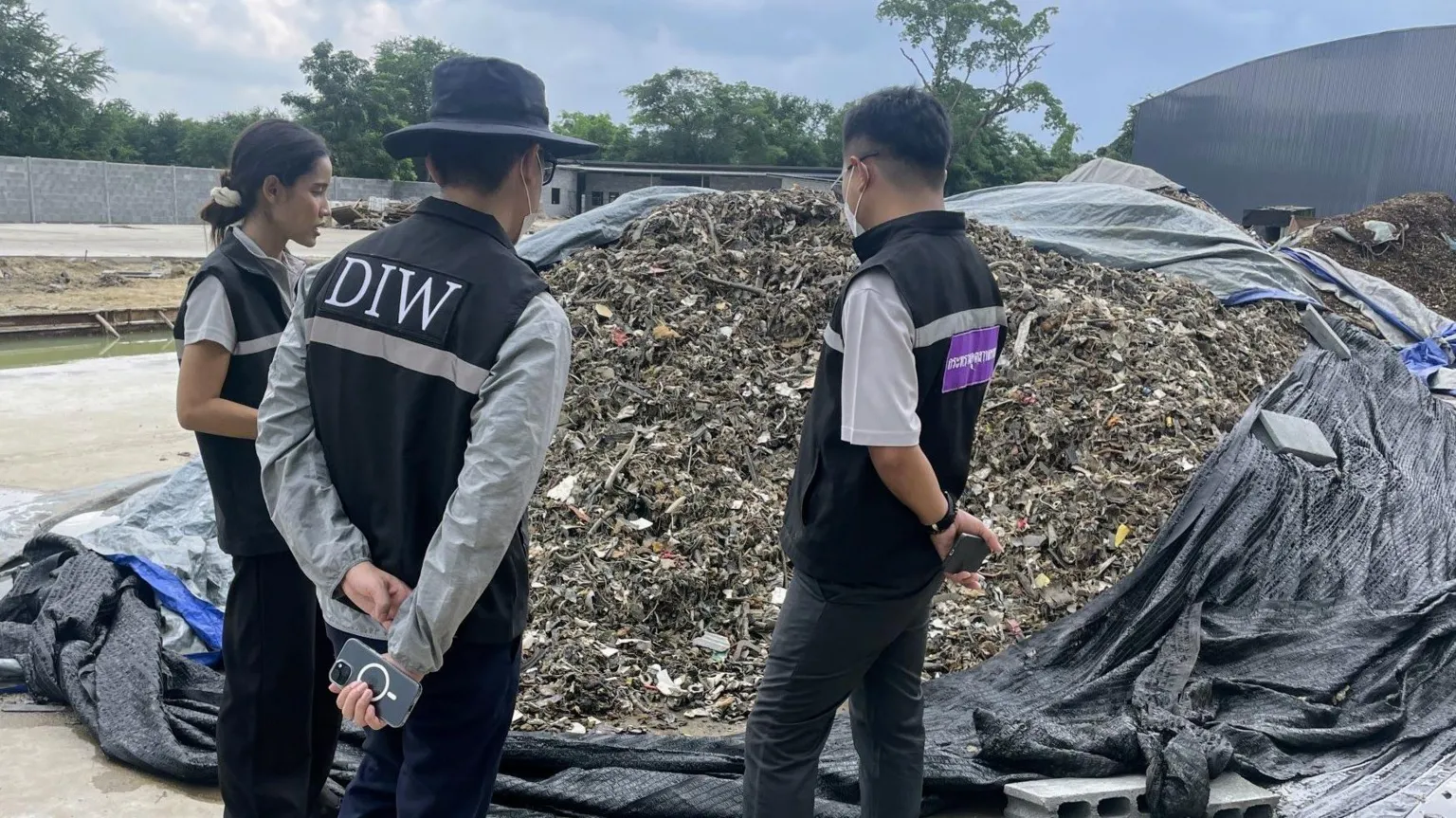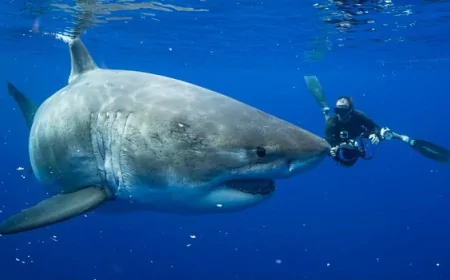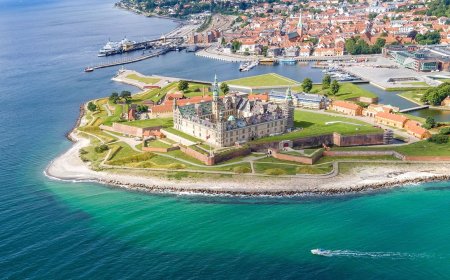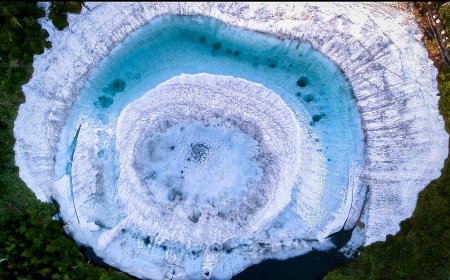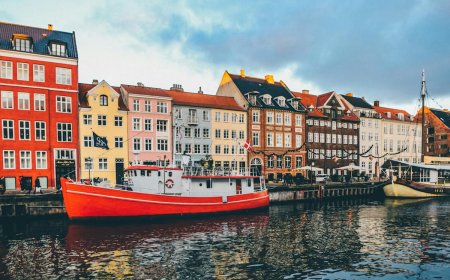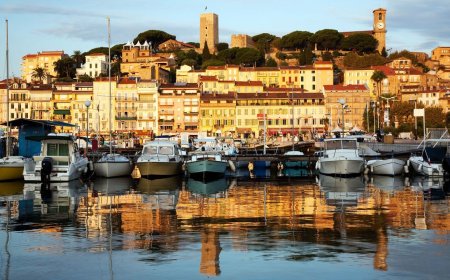Slow and steady wins again: Turtles inspire cancer-fighting research
Science Desk,(EFE).– Turtles, known for their long lives and large bodies, rarely develop cancer, a trait that researchers now say makes them promising models for studying healthy aging and cancer resistance in humans.

A new study led by researchers at the University of Nottingham (UK) provides the strongest evidence yet that cancer is extremely rare in turtles.
“Do turtles get cancer? Yes, but at exceptionally low rates relative to many other vertebrate groups,” the study noted.
“Growing molecular evidence suggests multiple potential explanations for this pattern, including resistance to oxidative and ER (endoplasmic reticulum) stress, which warrants further investigation.”
The findings were published Wednesday in the journal BioScience.

The research said there are still some uncertainties, such as the overall lack of data compared with well-studied mammals and birds and the lack of cancer studies on wild populations.
“However, turtles have the potential to be a valuable nontraditional model for studying cancer resistance and aging mechanisms, which could have broad implications for both wildlife conservation and human cancer research.”
Future studies integrating comparative oncology, genomics, and cell-based models will be key to uncovering the molecular and evolutionary mechanisms behind turtles’ remarkable cancer resistance.
Only about 1 percent of them are affected by the disease, a rate far lower than that seen in mammals or birds.
The study, coordinated by researcher Ylenia Chiari from Nottingham’s Faculty of Life Sciences, alongside scientist Scott Glaberman of the University of Birmingham and several collaborators from zoos across the US, UK, and Europe, analyzed medical records and necropsy data from hundreds of zoo-housed turtles.
The results were “surprising,” the researchers said, not only because of how few turtles developed cancer, but also because when tumors did appear, they almost never spread.
Giant, long-lived turtles defy cancer risk
Some turtles, such as the Galápagos and Aldabra giant tortoises, can weigh hundreds of kilograms and live for more than a century.
A radiated turtle named Burt at Chester Zoo, for example, was born in 1945 and may live well beyond 100 years.
In theory, large and long-lived animals should face a higher risk of cancer, as more cells and longer lifespans increase the chances of mutations. But turtles seem to defy this logic.
The secret may lie in their strong biological defenses against cellular damage, slow metabolism that reduces cellular stress, and unique genes that protect them from cancer.
These traits, researchers argue, make turtles valuable models for studying how to delay aging and prevent cancer in humans.
Ylenia Chiari called the rarity of cancer in turtles “incredible” and highlighted their potential as an untapped model for understanding both cancer resistance and healthy aging. She also underscored the essential role zoos play in advancing this kind of research.
Many turtle species are listed as “endangered” or “critically endangered” by the International Union for Conservation of Nature (IUCN), due to threats including climate change, habitat destruction, and the illegal pet trade.
Several of the zoos involved in the study are active in conservation breeding programs aimed at saving these species from extinction. EFE
rc-sk


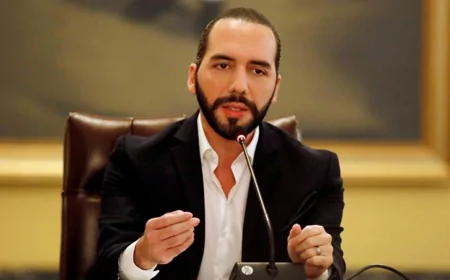

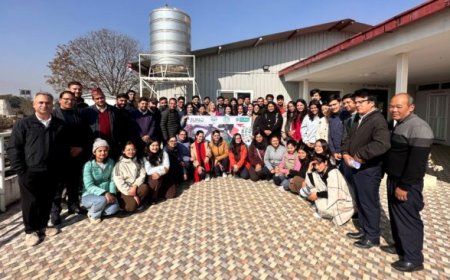












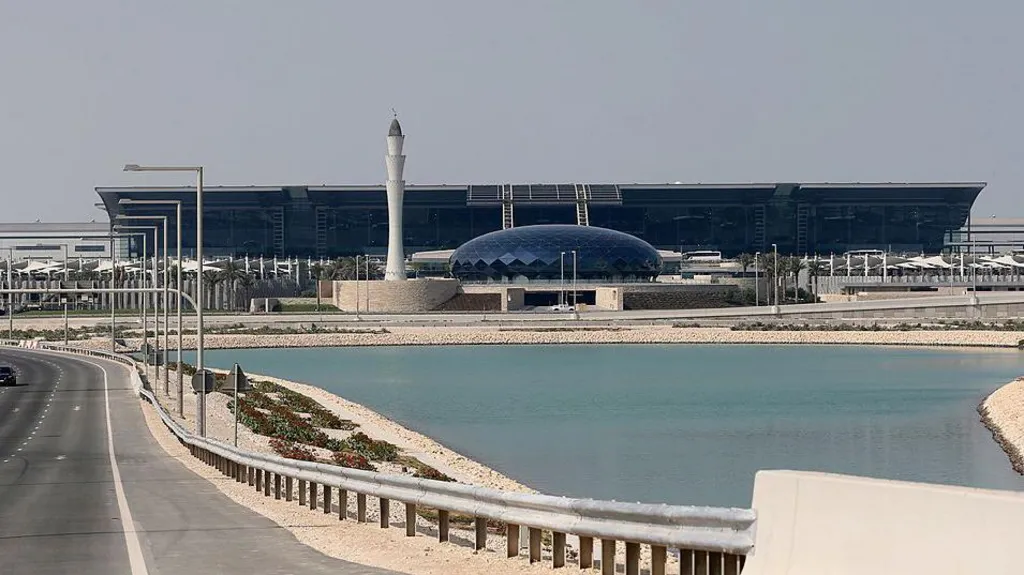






























:format(webp)/cdn.vox-cdn.com/uploads/chorus_image/image/73776247/1227541383.0.png)

